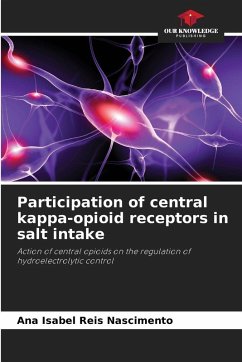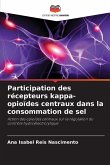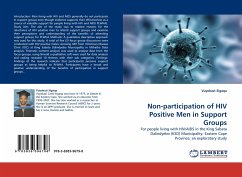Salt appetite has been extensively studied based on different experimental models that stimulate sodium appetite in rats, presenting hedonic value, given the increase in saline intake by animals suffering from the homeostatic challenge of depletion of this ion. Several neurotransmitter systems appear to participate in the control of sodium appetite, including the central opioid system. This system plays an important role in pain control, sexual activity, body temperature and blood pressure control, and the reward system and motivated behavior of food intake. In addition, the opioid system has a modulatory effect on water intake and sodium appetite in response to exogenous stimuli that produce a natriuretic effect. Increased sodium intake is associated with certain pathological conditions, such as metabolic syndrome, high blood pressure, cardiometabolic diseases, and obesity, highlighting the importance of water-salt homeostasis.
Bitte wählen Sie Ihr Anliegen aus.
Rechnungen
Retourenschein anfordern
Bestellstatus
Storno








